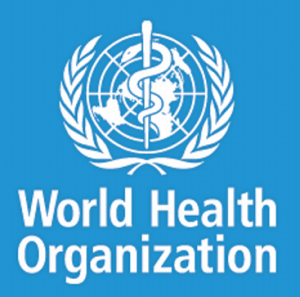Global bodies move in to reduce health risks associated with sale of live wild mammals in food markets
 World Health Organization (WHO), World Organization for Animal Health (OIE) and United Nations Environment Programme (UNEP) have issued interim guidance on reducing public health risks associated with the sale of live wild mammals in traditional food markets around the world.
World Health Organization (WHO), World Organization for Animal Health (OIE) and United Nations Environment Programme (UNEP) have issued interim guidance on reducing public health risks associated with the sale of live wild mammals in traditional food markets around the world.
A statement made available to ghanabusinessnews.com said wild animals are the source of more than 70% of all emerging infectious diseases in humans, many of which are caused by novel viruses.
It noted that wild mammals not only pose a risk for the emergence of new diseases but they come into markets without any way to check to see if they carry dangerous viruses.
Among other measures, the guidance calls on countries to suspend the sale of captured live wild mammals in food markets as an emergency measure.
According to the statement, there is a risk of “direct transmission to humans from coming into contact with the saliva, blood, urine, mucus, faeces, or other body fluids of an infected animal.”
It added that there is an additional risk of picking up the infection from contact with areas where animals are housed in markets or objects or surfaces that could have been contaminated with such viruses.
The statement noted that globally, traditional markets play a central role in providing food and livelihoods for large populations.
“Banning the sale of these animals can protect people’s health – both those working there and those shopping there.”
In particular, WHO, OIE and UNEP is calling on national competent authorities to suspend the trade in live caught wild animals of mammalian species for food or breeding purposes and close sections of food markets selling live caught wild animals of mammalian species as an emergency measure.
By Eunice Menka
